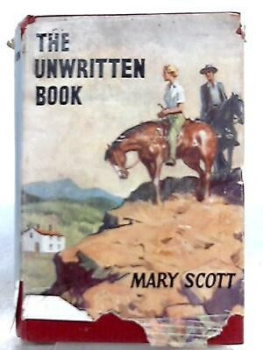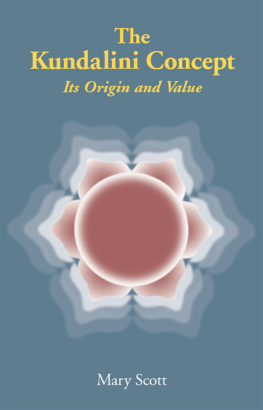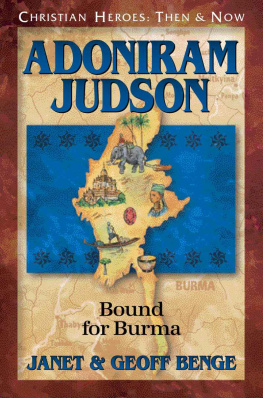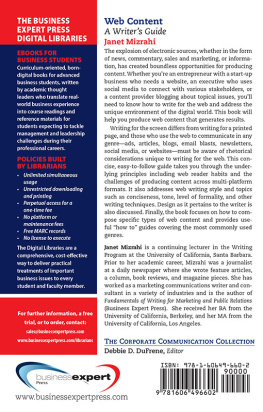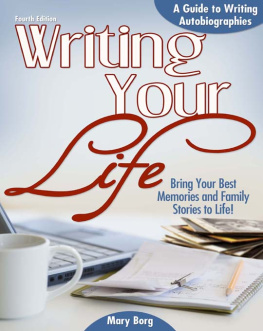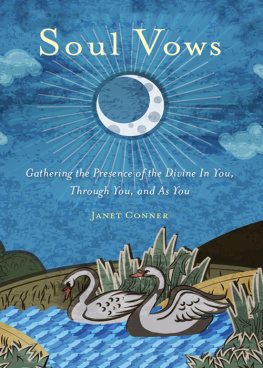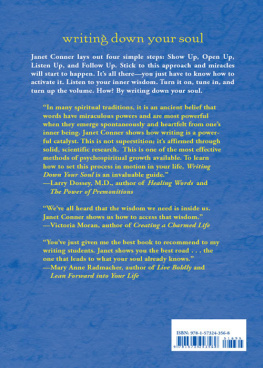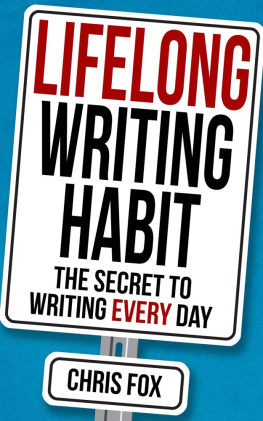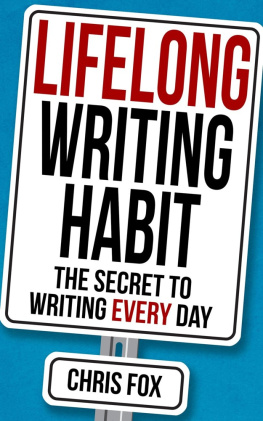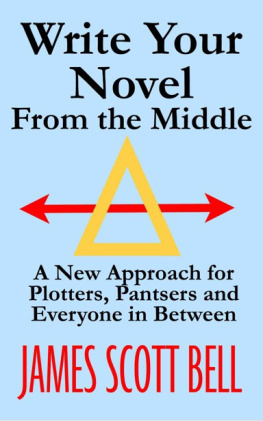THE UNWRITTEN BOOK
This is the story of Janet who married Clifford and became the farmers wife. She knew the life would be lonely but rejoiced in the opportunities it would give her to develop her talent for writing. Writing meant so much to Janet; apart from the newspaper and magazine articles she planned to write, she had also a book in mindan important novel that would stand the test of time and lift Janets name into the ranks of the best-sellers.
As it turned out, however, the opportunities for writing were remarkably few. The task of raising a family and running a farm was a full-time one and, for all her secret ambitions, Janet held firmly to the belief that living was more important than writing, good friends more dear than literary fame. Nevertheless, despite endless interruptions, the book did eventually get written. It proved not to be the bold, vigorous piece of writing to take the world by storm that she had imagined; but it had other qualities, latent as yet, but ready to blossom as soon as she could find the time to work at it again. The story ends with Janet wondering when, if ever, that moment would come.
The Unwritten Book is a fine story, so alive and warmly human that, after reading it, one is tempted to wonder whether, after all, Janet did not eventually find the time to complete her novel, and that this book may be it.
By the same author
pippa in paradise
yours to oblige
breakfast at six
barbara on the farm

First Published by
Herbert Jenkins Ltd.,
3 Duke of York Street,
London, S.W.1 .
1957
world copyright by mary scott
all rights reserved
made and printed in great britain by purnell and sons, ltd.
paulton (somerset) and london
scan v2.0 FR11 28.07.2019
https://www.flickr.com/photos/130618707@N06/albums
FOR W. S.
in memory of them days
All the characters in this hook are purely imaginary
and have no relation whatsoever to any living persons.
part one
1910 1914: MORNING
* 1 *
T he sun had cleared the horizon now. Janet reined in her horse and let her eyes roam slowly over the view. From this highest point on the farm she could see across the lower hills into the deep gullies where the bush grew dark and rank, and on to the clearing dotted with sheep in the distance.
It looked small, a rather pitiful effort on mans part to beat back the forest. Of the thousand acres in the holding only three hundred had been cleared and were in grass. She and her husband depended for their living on the sheep that grazed it, and on the cattle, seldom profitable, but essential for the breaking-in of new country: not a large income, but, with Clifford, almost riches for Janet.
It was a perfect morning in late September, her twenty-first birthday and just six months since her marriage. She gave a little sigh of pure happiness and said aloud:
Bliss was it in that dawn to be alive,
But to be young was very heaven.
Then looked round hurriedly, a little ashamed of quoting poetry aloud, though tempted by the early sunlight and the view.
Clifford rode up beside her and said softly: Is it really like that? All well on this momentous day?
She turned and smiled. Well? On top of the world... and it feels as if we were nearly there. How high is it?
Fifteen hundred feet or so, I suppose. You must ask John. Hes the accurate one. I just fluke these things... but sometimes my flukes are luckythe luckiest was six months ago to-day.
They smiled at each other and turned to ride slowly through the bush track and down the hill to the small, square white house that stood on the edge of the distant clearing. She remembered her first sight of it. Clifford had been apologetic about its crudenessits unshaded windows like lidless eyes, its naked lack of veranda, its two large iron chimneys; but she had looked at it with delight and said: Its ours and I love it. It reeks of local colour.
Will the bush depress you? It gets some women downgreen all the time; no colour or variety; and such a lot of it. Will it frighten you?
Frighten me? How could it? Its kind and friendly, and some day Im going to write all about it.
That day had not come yet. There was little time and too much happiness. Besides, she had to learn housekeeping from Clifford and John Murdoch. When she married she had known little about it, being the motherless only child of an Auckland doctor who had died suddenly, just as she was about to enter her M.A. year at the University.
Though they had always been haphazard about money, it was a shock to find that there was none left. A dishonest lawyer who had shot himself three months before Dr. Fitzherberts death had embezzled most of the doctors savings, and bad investments accounted for a good deal of the remainder. There were also heavy debts to settle. The doctor was Irish and no business man. He had not worried, expecting many useful years of life, and knowing that his daughter was equipped to earn her own living.
Janet had passed her B.A. at twenty, missing the Tinline scholarship by three marks. Just as well, she said, or Id have tried to manage on that and go on to get my M.A. Now Ill have to leave Varsity.
She had been a good English scholar, with Essays her strong point, and her little world had prophesied that she would write. She meant to do so, but not to join a newspaper staff; nor had she any illusions that she could live on free-lance journalism. There was nothing for it but to teach and, meantime, experiment with writing.
In nine months of teaching she had written twenty-three sketches and stories and had seven accepted. This did not daunt her; she was learning all the time. One assistant editor had been kind enough to point out her mistakes. She meant to succeed in the end.
Then, travelling on the West Coast boat that took her to her district High School, she was bar-bound at Matai; the boat simply deposited her there and went back to Auckland. At the moment there was no way of getting north or south, and nothing to do but stay at the one small boarding-house the no-licence village boasted. Clifford Lawrence, on a business trip, had been detained there by a flooded river. In three days they were engaged; in a month married.
But youve never even seen the backblocks! her friends exclaimed, but there had been one encouraging note in the chorus of disapproval. Her professor had said: Theres your chance to write. Make the backblocks live. You can do it, if you dont go under to the life.
Go under! Their eyes met and they both laughed. She would never forget the debt she owed him for the wonder and the glory revealed in her scholarship lectures. I beg your pardon, he continued. Youre not that kind. Well, good-bye. I shall look for the New Zealand novel theyre always talking about.
And Ill write it, she promised gaily... and bought a second-hand typewriter for 6. Not twelve, she told Clifford, so you neednt wait for Barries famous look.
He had no fears. They were so happy that their laughter rang through the little house and their gay voices startled the listening bush as they rode through it.
They had only two neighbours. John Murdochs bachelor house stood on one end of a shelving plateau on his own land; theirs on the other. Six miles away lived the Young family. When Janet had been married a month, a rough half-draught horse shambled to their gate and Mrs. Young came to call.
After the visit, Janet said to Clifford: What a life! Shes been in the bush for fifteen years and hasnt had a holiday for seven. She went to a nursing-home in town for the first three babies. Since then Mr. Young and a Maori woman from the
Next page
